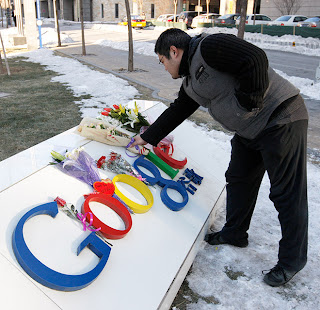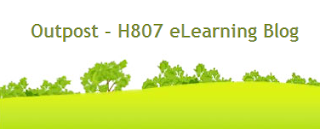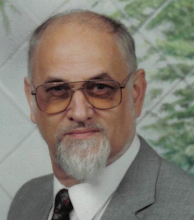 There is a situation which I feel is endemic amongst many of our traditional academic institutions. Perhaps their argument is 'If it isn't broken, why mend it?' - little realising that the educational omnibus of 50 years ago is not helping today's students and teachers to get to where they want to be in the future. The vintage omnibus is not necessarily going in the right direction for everyone, particularly when more personal and individulaised vehicles can help learners get closer to where they want to be in a more satisfying way. I recently came across a post asking for responses to the statement below.
There is a situation which I feel is endemic amongst many of our traditional academic institutions. Perhaps their argument is 'If it isn't broken, why mend it?' - little realising that the educational omnibus of 50 years ago is not helping today's students and teachers to get to where they want to be in the future. The vintage omnibus is not necessarily going in the right direction for everyone, particularly when more personal and individulaised vehicles can help learners get closer to where they want to be in a more satisfying way. I recently came across a post asking for responses to the statement below.“In truth, I can't say I've ever found much evidence of demand for any sort of e-portfolio tool among students, and to be honest there's comparatively little interest among academic staff in using them with students - except perhaps in subjects where portfolios are a professional requirement, and even then they tend to be very much driven by the needs of the certifying professional body.”
Why should students or teachers get excited about something that they do not appreciate? As long as an e-Portfolio is held up as an electronic CV or as a storage system for assessment of coursework no one is going to get inspired. As long as publications still suggest that an e-Portfolio can be held on a CD or flash drive we are still thinking ‘old technologies’.
Perhaps the problem is that of understanding new pedagogies:
- If staff were really looking for a method of capturing the transient interchanges of collaboration or peer review,
- if students realised how on-line formative assessment helps their academic progress,
- if they realised that the e-Portfolio was really an opportunity to share with others their deepest interests,
- if teachers realised that the e-Portfolio can often be a window into the souls of otherwise reticent students,
- if ownership of an e-Portfolio really gave opportunity for self-expression,
- if the e-Portfolio really was a Lifelong and Lifewide tool with full and uncompromised portability,
- if students and teachers realised the value of familial mentors,
- if the value of rich media was really understood,
- if both students and teachers really understood that the e-Portfolio can actually save time and allow both ‘travelling light’ and working where and when they choose, then perhaps the situation might be different.





